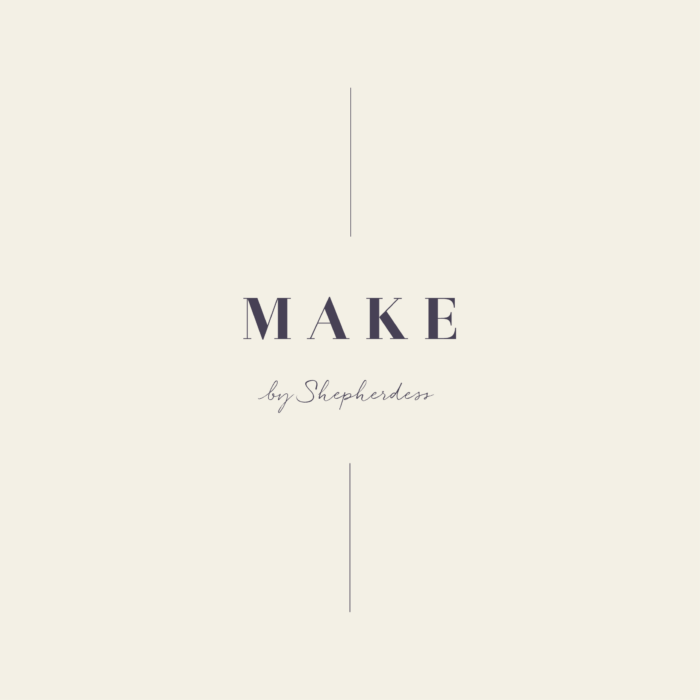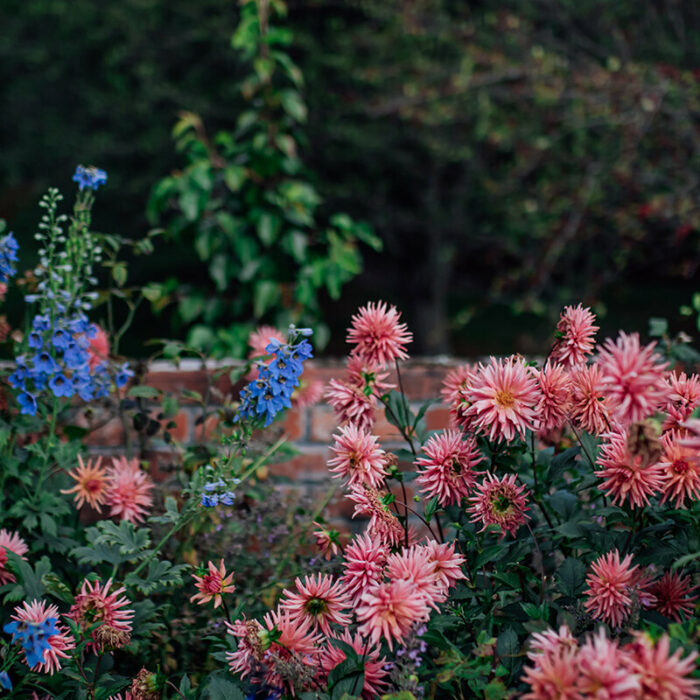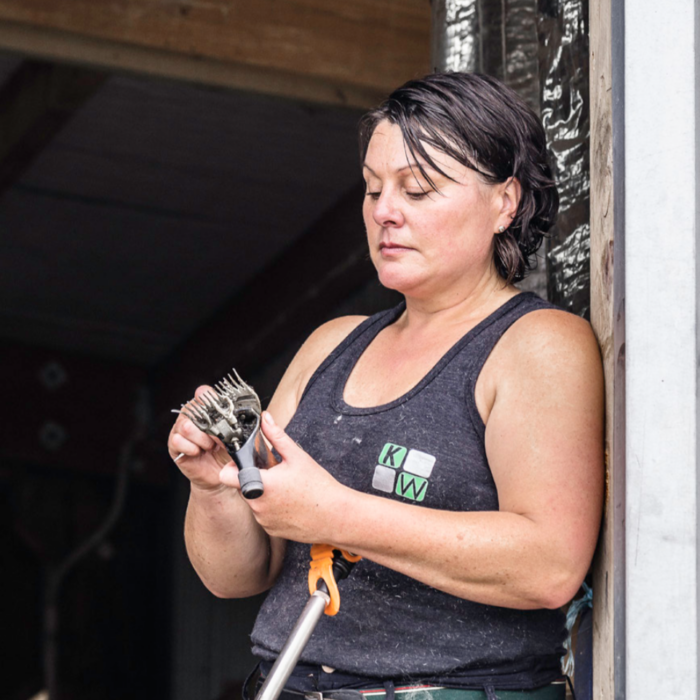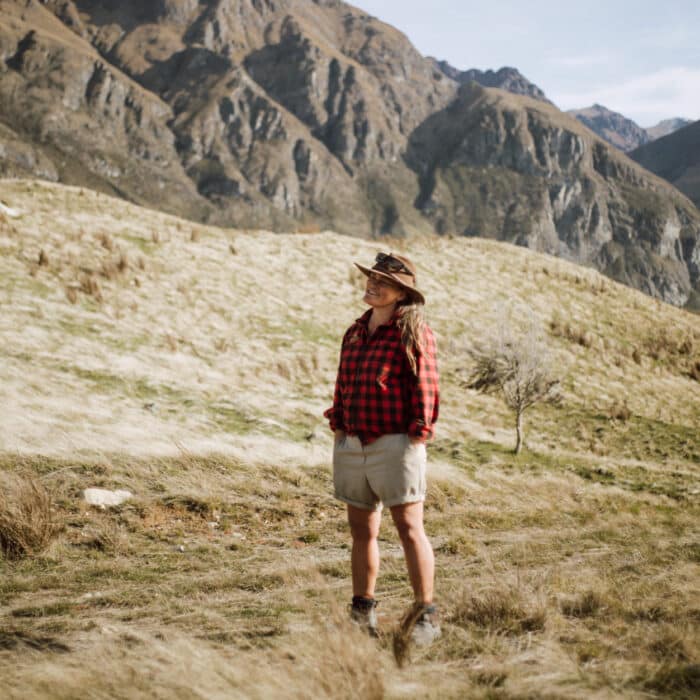01 December 2022
Following the Call
Mano Whenua. Heartland.
writer: SIONAINN MENTOR-KING
photographer: ABBE HOARE
Making the move from her corporate city life in Pōneke Wellington to the rural township of Pōrangahau was a long, tough decision for Tania Nicholas. Eight years on, the former high-powered barrister and solicitor has found her place in the tiny but bourgeoning community and relishes the change of lifestyle. But despite the laid-back seaside setting, Tania hasn’t slowed her pace.
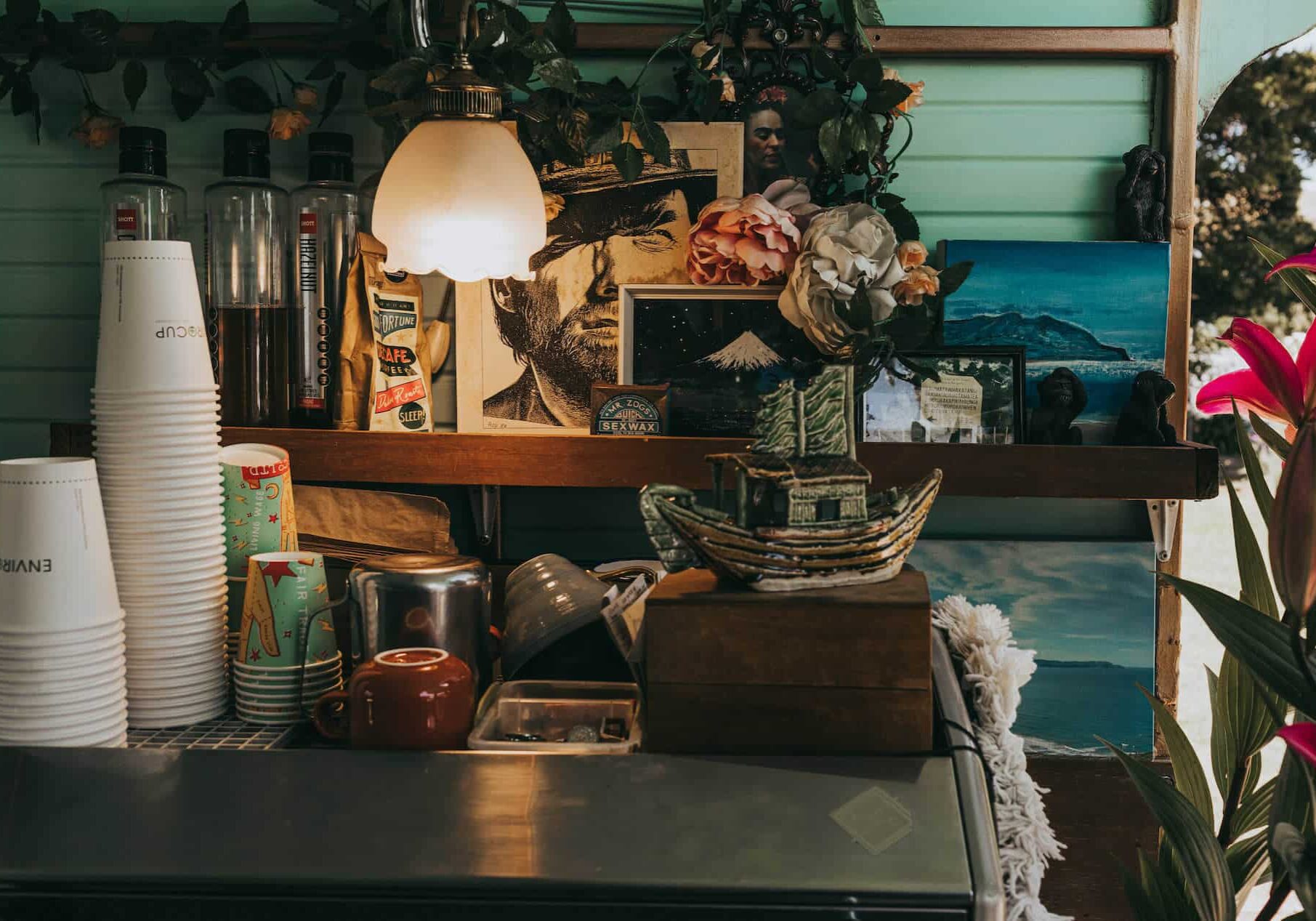
“We unintentionally created a hub, a place for people to hang out and have a really good coffee.”
“If it breaks down, how are we going to get someone up from Wellington to come and fix it?” Tania exclaims. She’s describing her initial reaction to her husband Orlando MacDonald’s suggestion that they set up a coffee machine in a converted horse float and sell barista-style coffee from their front yard.
It was 2016 and the couple had just moved to the seaside hamlet of Pōrangahau where Orlando was born and raised, and they were pining for the coffee culture they had come to take for granted in Wellington. “We got here and were like, ‘If only we could wake up with a decent coffee every morning!’” Tania, who is of Ngāti Toa, Ngāti Ruanui and Ngāruahine descent, recalls. “And Orlando said, ‘Let’s just do one.’” Tania’s hesitance was due to their remote location – how would they get a technician to make the four-hour drive if their machine blew a fuse?
Tania had long been resistant to the idea of leaving the city where she and Orlando, 42, had built their lives together. But for her husband, returning to Pōrangahau in the southern reaches of Hawke’s Bay was inevitable. “His passion and his calling was always to go home, but I was really nervous about moving here,” Tania, 46, admits. An admitted barrister and solicitor working on the Chief Judge Applications Team at the Māori Land Court, she loved her job and was understandably cautious about giving up life in the corporate world. “For me, coming to Pōrangahau was the be-all-and-end-all. I thought once I make that move, I’m stuck.” In the end, Tania’s mother-in-law helped her reason through her hesitance. “She said, ‘Look, just give it two years and if it’s not for you, you can go back to Wellington, or do something else.’ I’d never looked at it like that.”
Tania confesses: “It took about seven years for me to come around and be ready to leave. I’m a real ‘can’t’ person.” But it was the opposite sentiment that first led the high school drop-out and teenage mum from Hāwera to pursue a career in law. “I left school at sixteen with nothing, moved to Palmerston North with my friends and was pregnant by eighteen with my daughter Sadé, who’s now twenty-eight.” While circumstances like this could have provided the perfect excuse to abide within the limitations of teenage motherhood, Tania wasn’t so inclined. “I got Legal Secretary Certificate through the polytech in Manawatū and worked at a lawyer’s firm as their typist. Then I thought, ‘Bugger this. I can do this law stuff.’ So I went to law school.”
Tania and her young daughter moved to Wellington, where she studied at the Victoria University of Wellington Law School, then worked for various organisations, including Meridian Energy, before landing in the Māori Land Court. She met and married Orlando whilst on that upward climb, and together they had a daughter, Maison, now eleven.
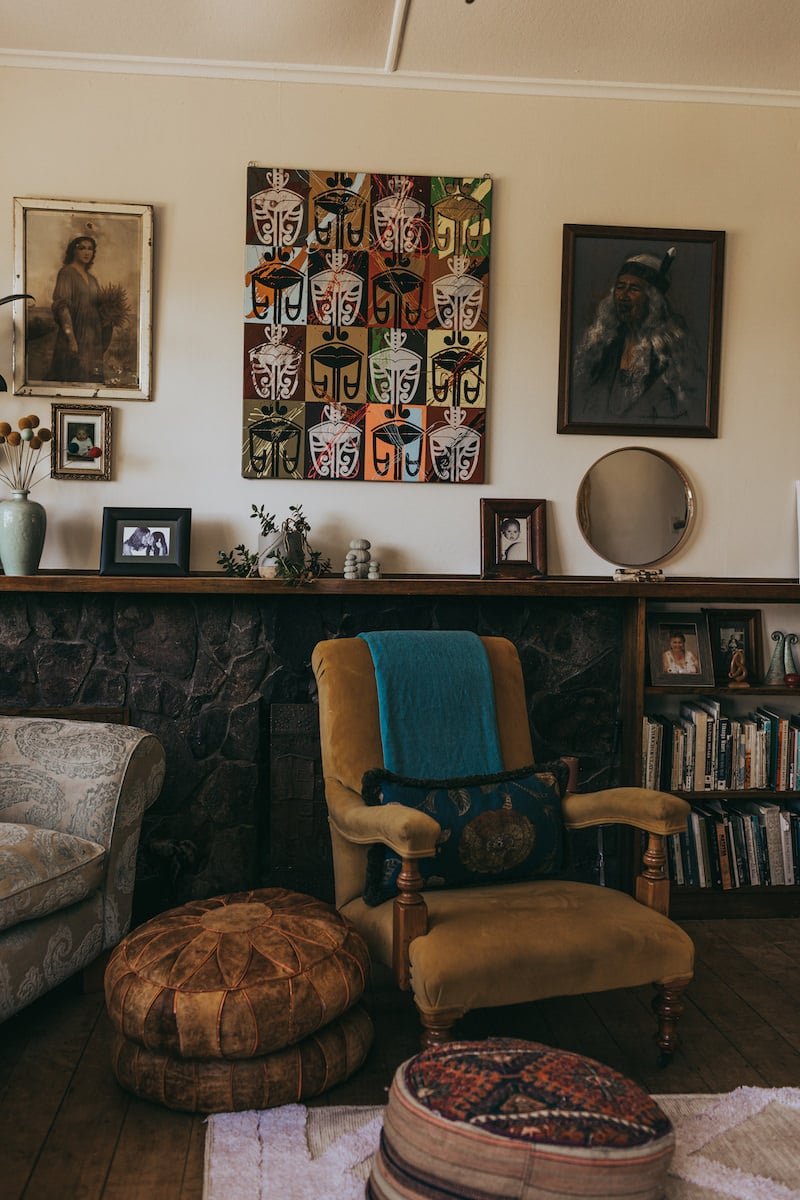
“Our motto is, if we like it, we get it and we put it in our house. We don’t care if it matches. If we see something that totally does not fit the grain of the thing it’s sitting next to, we don’t care because we appreciate it in itself.”
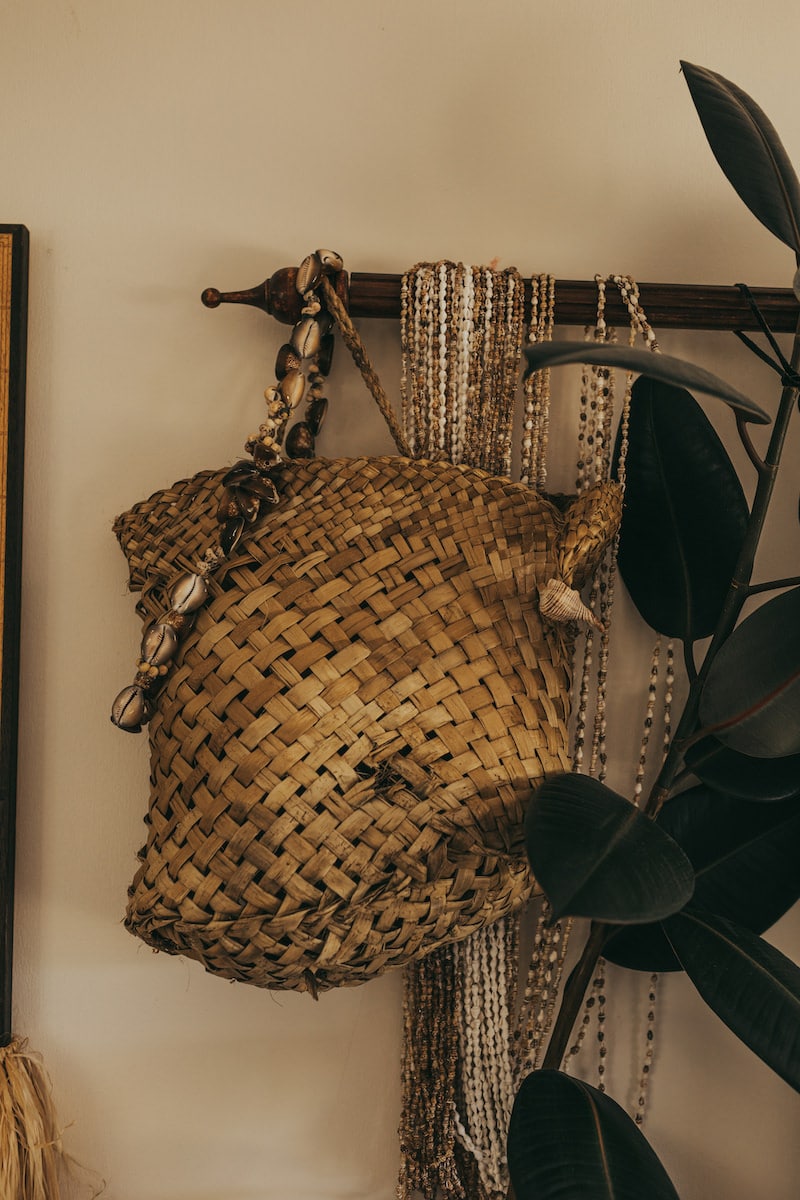
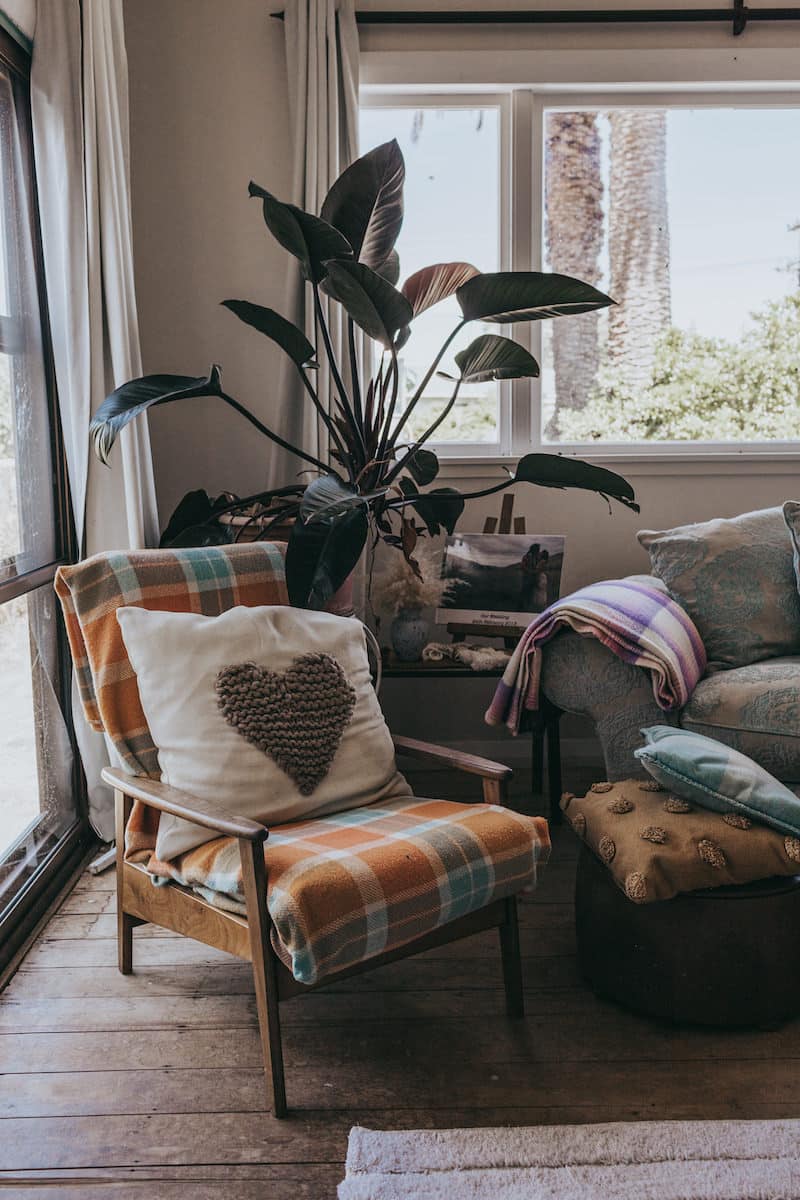
“Orlando was the stay-at-home dad for a little while,” Tania says. “I was leaving for work and not seeing my little girl for the whole day, so I was beginning to not enjoy it so much anymore. This was around the time Orlando was really pining to come back to Pōrangahau, so it all just happened.” After the move, Tania went from working for the Māori Land Court to working in the office of the primary school in Pōrangahau.
The position gave Tania direct and immediate exposure to the locals. “It was a really awesome way to meet the community, hard and fast. I was so blessed to have been thrown into the community in that way,” she says. Then, in October 2018, Orlando’s dream of fine espresso in his hometown manifested as the Flotsam and Jetsam coffee cart, which operates out of a horse float that was still transporting horses two weeks before he converted it.
“Before Covid, we just pumped in summer,” Tania recalls. Winters in a rural seaside village were always going to be quiet, but Flotsam and Jetsam persevered. “We made sure that we were open most weekends, so when people were randomly coming through on a winter’s day, they were like, ‘Oh shit! There’s coffee. Awesome!’” While lockdowns have been an enforced hiatus for the cart, they’ve meant Tania and Orlando were able to focus on things around the house – painting it, for example. “Now that we’re open again, people are still coming. There’s a guy that drives up from Wellington in his bright blue Ferrari once every second month just to get a scone and a coffee,” she says with a laugh.
Even though she says “we” when talking about the business, Tania is adamant that she’s just the person behind the scenes. “The coffee cart is absolutely Orlando’s gig. I’m more someone in the background. I shy away from doing the face-to-face stuff,” Tania says. “There’s something about hospitality that makes me nervous. I’m not good at that stuff, and Orlando is.”
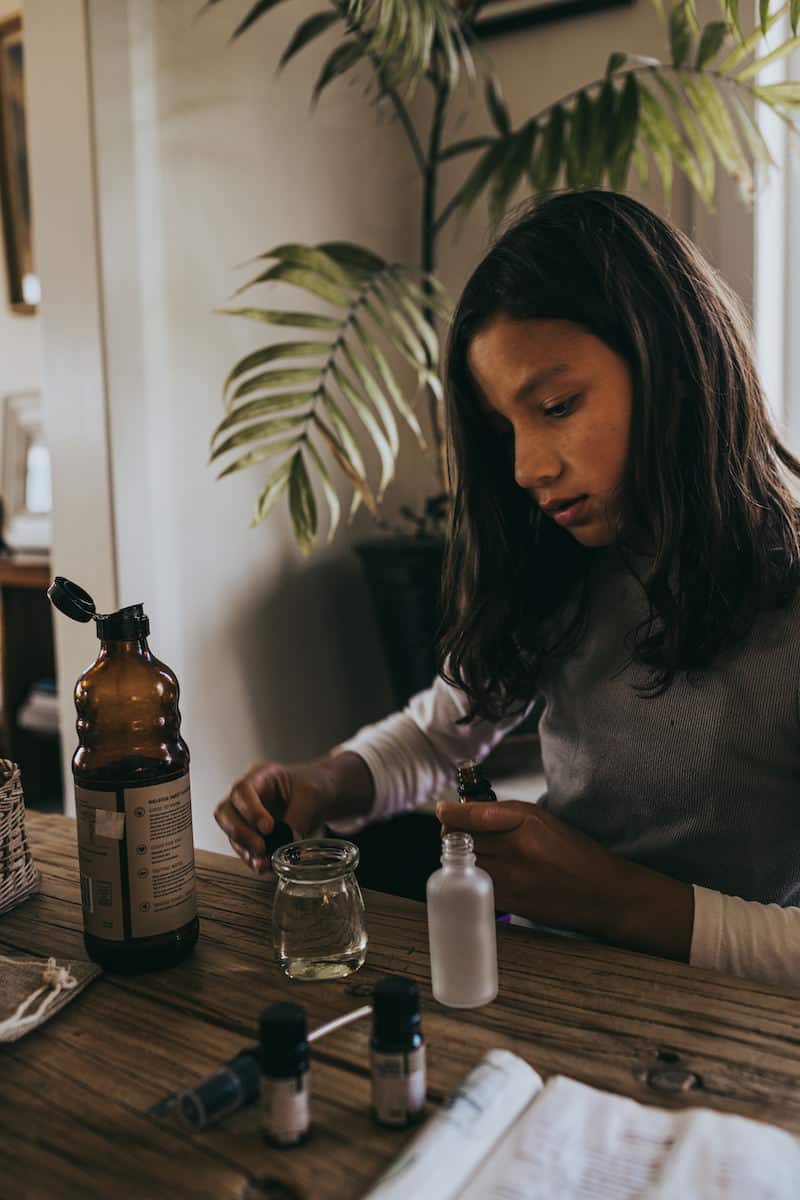
But Tania is more than just her husband’s support person. While Pōrangahau may not be her own tūrangawaewae, Tania has not shied away from becoming a local hero. “Orlando is a volunteer with Fire and Emergency New Zealand and I’m with St John. The guy looking after St John volunteers in Pōrangahau asked me if I wanted to join. I was eight months pregnant and I said, ‘I’m going to be useless. I won’t be able to attend anything.’ And he said, ‘It doesn’t matter, there’ll be a time when you can help so let’s just get you started now with this training.’”
The baby boy then in her belly is now seven-year-old Noble, and Tania’s career with St John has evolved beyond a volunteer role. “During Covid, St John was really thin on the ground. So I signed up as a casual to work in the city. Then I left my job at the school and became a full-time ambulance officer. At the moment, I’m doing my Diploma in Ambulance Practice, which gives me more authority to practice emergency medicine.” An academic by nature, she’s also started Māori studies through Massey University, majoring in Te Reo. “When I decided I would take up a diploma with St John, I put the Te Reo on hold. I’m probably still doing too much.”
Two parents of young kids being called to every cardiac arrest and motor vehicle accident in the area – seems like an impossible calling. But Tania and Orlando have made it work. “When the kids were little, we had to manage that. Depending on what the call was, we would say, ‘Yep, you go,’ or, ‘I’ll go,’ kind of thing. And we’re lucky, we have an aunty who lives right next door.”
“I am proudly Pākehā-Māori and I have been brought up in both cultures. It took me a long time to realise how lucky I am to be able to live in both worlds,” Tania says.
A predominantly Māori community, Pōrongahau has a strong whānau focus, which Tania relishes for her two younger kids. Sadé had a city-kid upbringing; Maison and Noble, on the other hand, have grown up on the estuary and in the ocean of their father’s home, surrounded by their hapū on their papa kāinga. “The people haven’t moved, so there’s always been a strong ahikā here,” Tania says. “The river feeds, nourishes, entertains – it does so much for the community. As does the ocean. Being a coastal community, we rally around each other and harness that sense of community spirit – because we are so rural.”
She describes a warm and enfolding community of whānau, hapū and extended iwi that have taken Tania and her children into their heart. “There’s lots of aunties and uncles who are into kapa haka. They’re encouraging the kids to come along and be a part of that, so that’s really cool.”
Tania is on two different committees for the local hapū, and has made the community in Pōrangahau her focus in life. But there are still moments when she wonders why. “Sometimes I feel like, wow, I’m doing all of this work for my husband’s hapū – I should be at home, doing it for mine. But I’m doing this for the kids, so that kind of keeps me grounded and focused.” Her parents and sister still live in Taranaki, and she recognises her absence isn’t felt in a negative way. “They’re doing an amazing job, and they don’t need me. If I felt like my own hapū were suffering and things weren’t moving there, I don’t think I would be doing as much here.”
Tania has a strong role model in her father, who worked tirelessly for his wife’s marae committees. “My parents were high school sweethearts, and still together. Mum’s Māori, Dad’s Pākehā, and Mum’s got two marae that we were raised on. My dad was really heavily involved. He was the token white man who knew how to push buttons and get loans so they could invest – and he loved it!” Tania says.
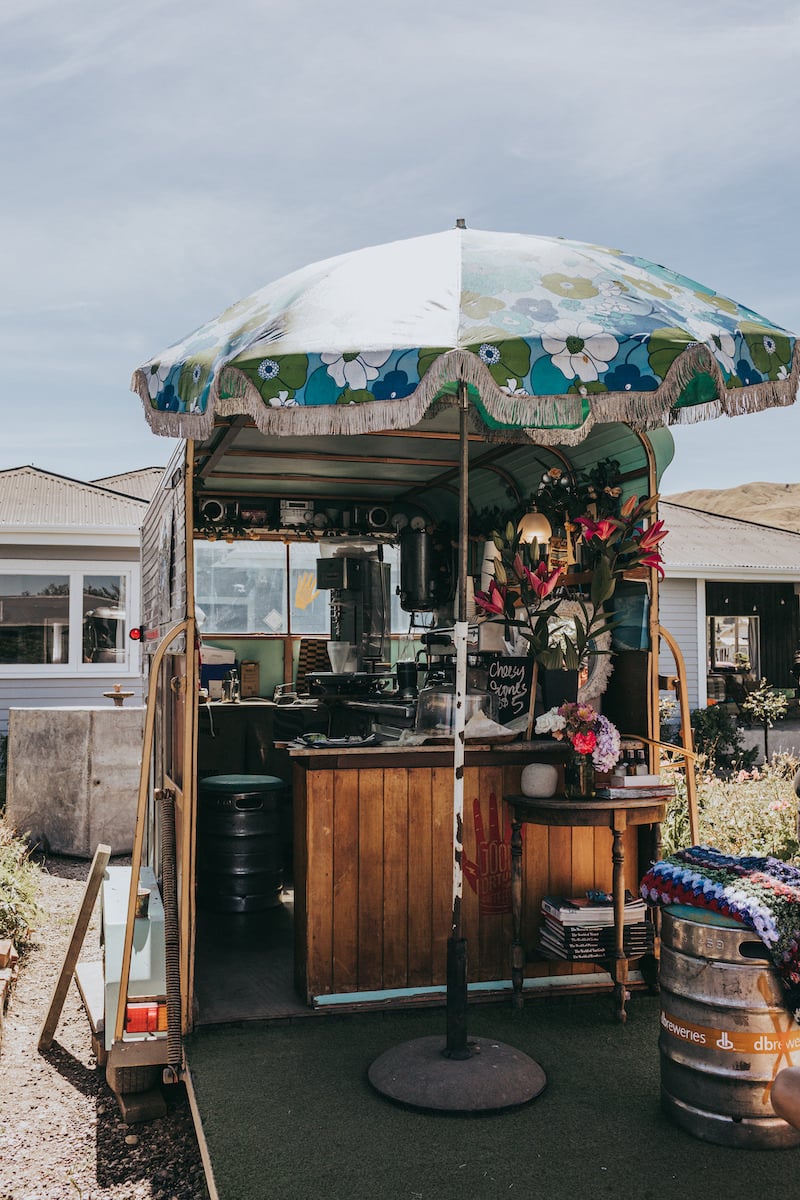
“Pōrangahau was growing when we moved here. People are really wanting to come home to their tūrangawaewae – especially in our age group. Orlando being from here, a lot of people gravitated to him. I think people looked to him to build some momentum in the community. He would say they didn’t, but I really do see him as being that person that helped go, ‘Actually, Pōrangahau is such an awesome place, we are so blessed. Let’s open this little piece of paradise somewhat.’
Glossary. Ahikā, burning fires of occupation, continuous occupation. Hapū, kinship group. Kapa haka, Māori performing group. Kawakawa, pepper tree. Kete, basket. Papa kāinga, original home/communal Māori land. Tūrangawaewae, place where one has rights of residence and belonging through kinship and genealogy. Whānau, family.
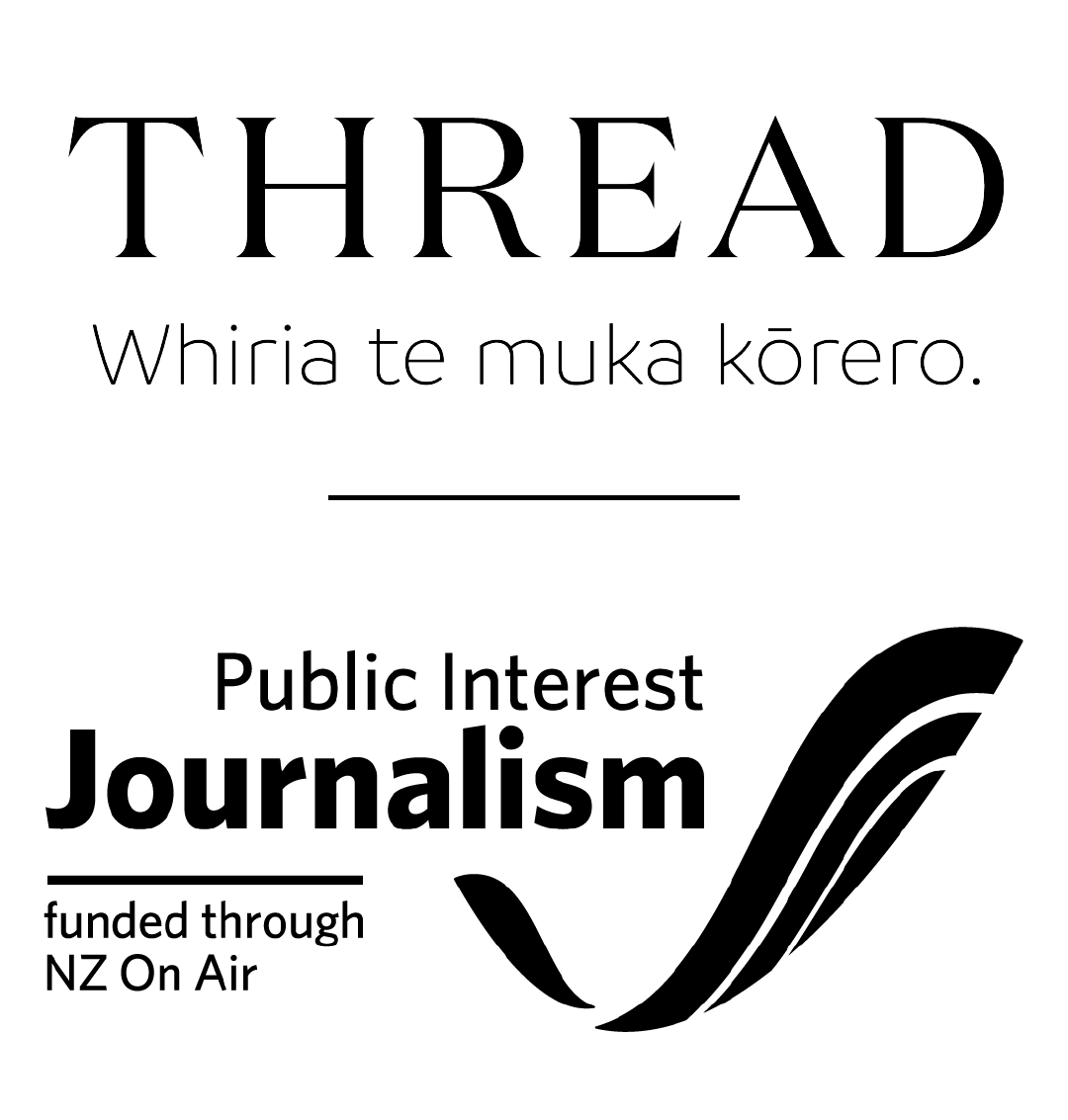
This story is part of THREAD, a year-long project by Shepherdess made possible thanks to the Public Interest Journalism Fund through NZ On Air.
If you enjoyed this story, please share with someone else.
This story appeared in the Raumati Summer 2022/23 of Shepherdess.
Get your hands on a copy.
Related Stories
MAKE, a workshop series by Shepherdess
We're very excited to announce something we've been working away on for a little while now...
Seeds of the Future
Unable to return to the career she had carved out for herself in Southeast Asia, Sonya Prosser took a job at Walter Peak High Country Farm on the shores of
